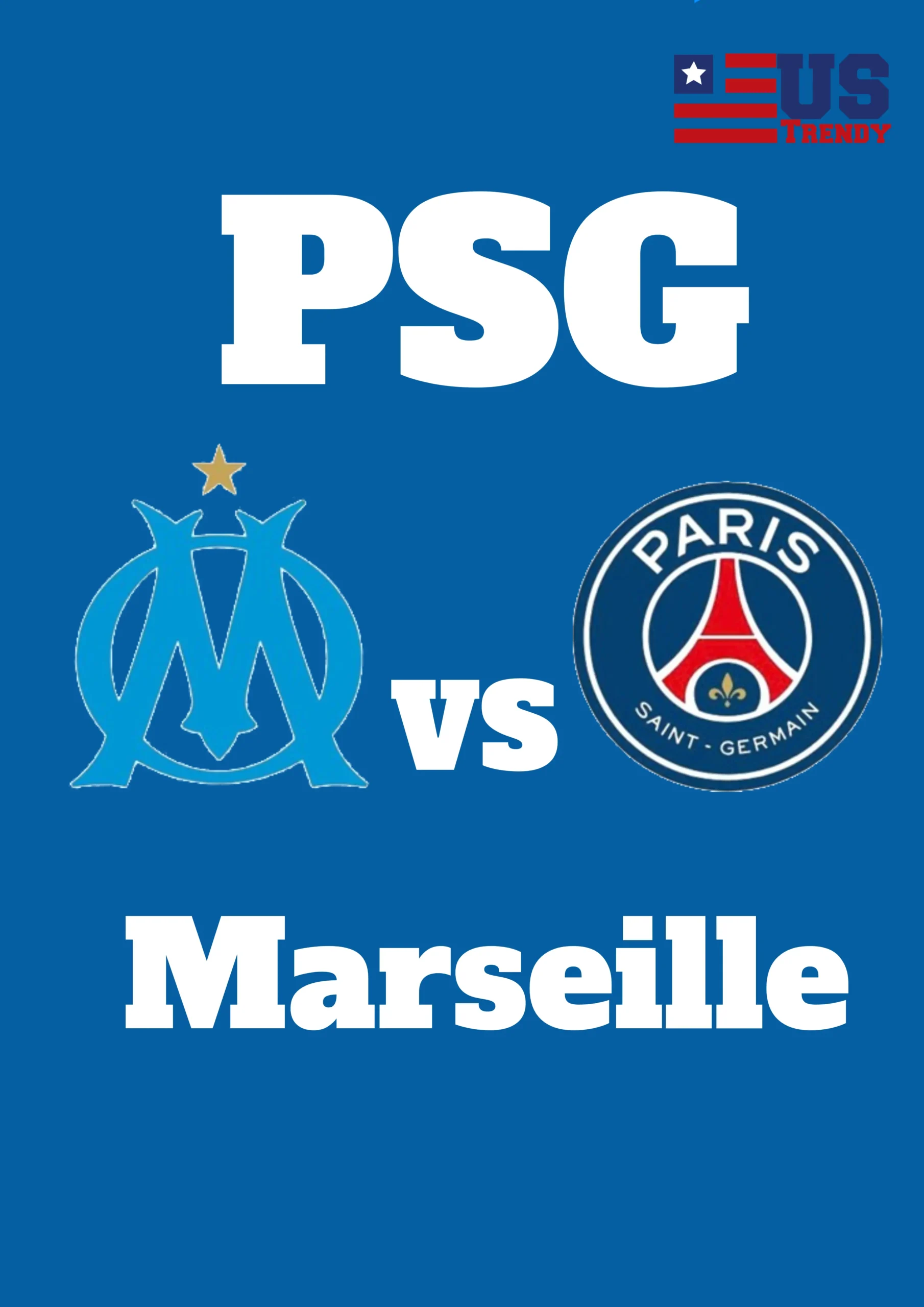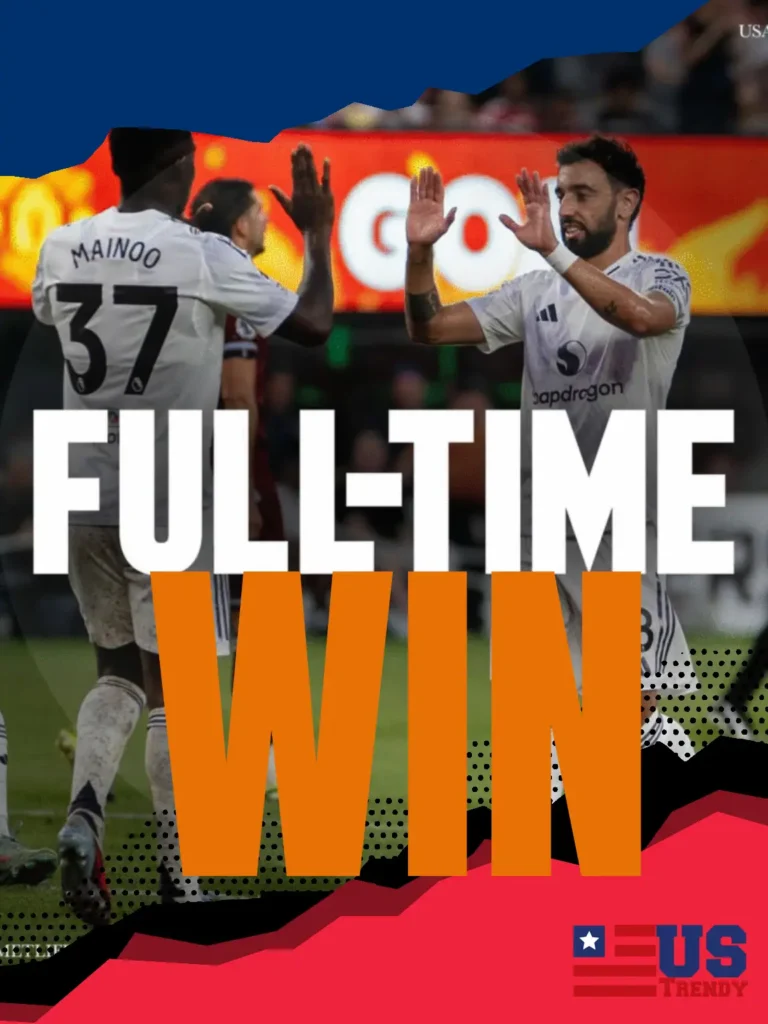Marseille vs PSG postponed by storms and rescheduled — Le Classique now clashes with the Ballon d’Or; here’s the full context, impact, injury news and what to watch next.
Quick snapshot — Marseille vs PSG
Sunday’s hugely anticipated Marseille vs PSG (Le Classique) was called off because of severe weather and rescheduled for Monday evening, a change that creates an awkward clash with the Ballon d’Or ceremony and leaves teams, broadcasters and fans scrambling for answers. (Paris Saint-Germain)
Why this postponement matters (short answer)
Le Classique is France’s biggest domestic fixture — it impacts the Ligue 1 table, TV schedules across Europe, and now the prestigious Ballon d’Or ceremony in Paris because PSG have multiple nominees who were expected to attend. The postponement raises questions about player availability, fixture congestion and how federations balance safety with the commercial calendar.
The facts: what happened, when, and the official lines
- What happened: Local authorities (Préfecture des Bouches-du-Rhône) halted the game at Stade Vélodrome because extreme weather made conditions unsafe for players and fans. The LFP’s default rule for suspension due to weather is to replay the match the next day unless exceptional circumstances apply. (Paris Saint-Germain)
- Rescheduling: The match was rescheduled for Monday, 22 September at 20:00 CET (local time). That new slot overlaps with the Ballon d’Or ceremony in Paris, where several PSG players and staff were expected to be present. (beIN SPORTS)
- Injury context: PSG were already missing Joao Neves (hamstring), and the club confirmed other absences; the reshuffle complicates squad selection and raises the bar for who travels and who attends the awards. (Reuters)
Those are the load-bearing facts that affect both matchday logistics and the broader football calendar. (Paris Saint-Germain)
The Ballon d’Or conflict — why it’s a big deal
The Ballon d’Or is football’s most prestigious individual award and a global media event. PSG have multiple men’s nominees this year (notably Ousmane Dembélé among others) and club staff (including coach nominees) who expected to attend. With the reschedule now clashing with the gala, PSG face a choice: field a full-strength team in Marseille or send stars and staff to Paris for the awards.
That dilemma is more than PR theatre — player availability affects competitive integrity (Marseille vs PSG is a massive fixture), broadcasting rights holders and the narrative around individual awards (winners often want to be seen accepting in person). Several outlets and commentators noted the awkward optics: a Premier club’s duty to fans vs the global prestige of Ballon d’Or.
What the clubs have said (and what they won’t say publicly)
- PSG: Issued the routine postponement statement through the club and LFP channels, acknowledging the safety-based decision and confirming that team travel and squad planning would be adapted to the new date. PSG also confirmed Joao Neves’ hamstring problem prior to the postponement. (Paris Saint-Germain)
- Marseille: Public and local pressure reportedly pushed the LFP to reschedule quickly; Marseille’s leadership wants matches at the Vélodrome played in full and on short notice if safe. Outlets reported the club had urged the LFP to respect protocols and reschedule the game—partly to avoid longer calendar knock-on effects.
Neither club will openly concede which is more important — their fans on the night or the awards the following evening — but both will be judged by the squad decisions they make when the fixture kicks off.
How this affects the players — availability, fatigue and selection headaches
- Ballon d’Or nominees: If PSG’s Ballon d’Or nominees and staff choose to attend the ceremony, Paris may travel without some of its highest-profile stars, altering the tactical balance and potentially giving Marseille a competitive edge. Conversely, if PSG keeps its squad for Marseille, individual nominees miss the awards — a PR issue but a sporting choice.
- Injuries and rotation: PSG were already dealing with Joao Neves’ hamstring issue. A quick turnaround and potential travel to Paris (and back) would increase physical and logistical stress on any player participating in both events. Coaches must balance rest, player welfare and competitive needs.
- Marseille’s set-up: Marseille will get a short extra day to prepare, but the reschedule may also impact travel plans for away supporters, influence policing and change the atmosphere at the Vélodrome. The cold reality: weather moved the game, not sporting calendars.
[Note: Images are collected from Instagram]
TV, broadcasters and fans — who wins and who loses?
- Broadcasters: Monday-night prime-time slots are valuable. The reschedule forces local and international broadcasters to retool programming—rights holders (beIN, Canal+, RMC, Amazon in some markets) will juggle live windows and studio shows. For European viewers, Monday evening is a stronger television night than Sunday afternoon in many markets, but for fans who booked travel for Sunday, the change is costly.
- Fans & ticket-holders: Many travelling supporters buy flights, hotels and match tickets. Last-minute changes hurt budgets and attendance — some fans can’t rebook for Monday night and may miss the fixture entirely. Local policing also has to adjust to Sunday-night rearranged travel flows. Marseille supporters, who are famously passionate and mobile, will feel the impact directly.
Sporting context: form, standings and what’s at stake
Le Classique is rarely just three points. For the 2025–26 season:
- PSG form: PSG entered the weekend unbeaten in Ligue 1 with four straight wins and a strong start to the Champions League (including a 4–0 win over Atalanta). They top the table and are heavy favourites in most match-ups. Missing key players would provide an unexpected leveling.
- Marseille’s motivations: Marseille have been competitive and see Le Classique as a marquee chance to close the gap in the table while reasserting pride at the Stade Vélodrome. Home advantage and an aggressive crowd could be decisive if PSG aren’t at full strength.
Points distribution matters: a win for either side affects early-season momentum, UEFA coefficient narratives, and the domestic title race. For PSG, the priority is maintaining their lead; for Marseille, it’s to take a scalp and energize the fanbase. (Outlook India)
Tactical preview (how the game would likely play if squads are full)
If both clubs field near-full strength XIs (and ignoring the Ballon d’Or complication), here are the tactical themes to expect from two modern top-flight sides:
- PSG strengths: High-possession, vertical passing, wing overloads and world-class attacking talent who can punish space in behind Marseille’s backline. PSG’s pressing out of possession and quick transitions are match-winners. Key roles: the creative midfielder controlling tempo, full-backs providing width, and the attacking trio finishing chances.
- Marseille strengths: Intensity, direct running and set-piece management at the Vélodrome; De Zerbi’s (or current Marseille coach’s) tactical set-up tends to focus on disciplined midfield work and exploiting counter-attacking spaces. Marseille’s physicality and organized defensive blocks can frustrate even Paris.
But if PSG are missing nominees, Marseille’s confidence grows; if PSG fields its full-strength squad, the pressure is entirely on Marseille to match technical quality and avoid defensive lapses.
Le 𝐂𝐥𝐚𝐬𝐬𝐢𝐪𝐮𝐞 day! ⚔️❤️💙#OMPSG pic.twitter.com/Oxy05A3PgU
— Paris Saint-Germain (@PSG_English) September 21, 2025
The politics: LFP, clubs and scheduling rules
The LFP (Ligue de Football Professionnel) has rules for match suspension and rescheduling. When a match is halted for safety reasons (e.g., weather, pitch condition), the pragmatic approach is to try to replay the fixture promptly to preserve the calendar. That principle explains why the match was rescheduled for Monday. But the LFP also must balance commercial broadcasting partners and the broader international calendar—an increasingly fraught exercise in modern football. (beIN SPORTS)
Marseille’s push to reschedule quickly reflects a local pressure tactic (fans and the club wanted the match played rather than postponed to a much later date) while PSG’s global corporate interests (Ballon d’Or optics, TV partners) add political friction. Expect negotiations behind the scenes on who attends the awards and how clubs explain final squad selections.
Scenarios to watch — three likely outcomes and their consequences
- PSG sends stars to Ballon d’Or, fields a rotated side in Marseille:
Immediate consequence: Marseille gets a competitive advantage and a realistic shot at three points.
Broader consequence: PSG faces criticism from fans and pundits for prioritizing awards over competition; the LFP and broadcasters evaluate future scheduling protocols. - PSG keeps top squad in Marseille and misses Ballon d’Or:
Immediate consequence: PSG maintains sporting integrity but risks PR fallout and absent players at a major awards show.
Broader consequence: The club’s decision will be defended as prioritizing fans and competition; Ballon d’Or organisers will note absent nominees. - Hybrid approach (some players attend, some travel):
Immediate consequence: A patchwork squad leaves both sporting and PR questions; optics of divided loyalty may hurt club unity or player focus.
Broader consequence: The clash highlights an urgent need for better coordination between domestic leagues and global events.
Each scenario has reputational, sporting and commercial ripples — and the final decision (or combination of choices) will be dissected by media for days. (The Times)
Fan practicalities: travel advice and ticketing
If you’re a fan with a ticket for the original Sunday slot:
- Check official club channels immediately: Both Marseille and PSG posted official notices and FAQs after the postponement; official club channels will handle refunds, revalidations and re-entry rules. (Paris Saint-Germain)
- Contact travel providers: Airlines and hotels often have policies for extreme-weather-induced cancellations; document your purchases and ask for flexibility. Some fan groups coordinate group rebookings or charitable redistribution of tickets if fans can’t attend. (Yahoo Sports)
- Security & policing updates: Local policing plans will be updated; fans should follow official guidance to avoid being caught in rebooked arrival windows.
How the media and pundits are reacting
Immediate reactions ranged from practical (safety-first praise) to theatrical (outrage at the clash with Ballon d’Or). Some pundits argue the LFP could have pushed the match farther into the calendar, but doing so would have created fixture congestion later in the season. Others emphasise that safety decisions are not negotiable.
Opinion pieces are already asking whether the modern game’s packed calendar—domestic league, cups, European competition, international fixtures and commercial events—has reached a breaking point when an incident like a storm can create cross-continental PR headaches. Expect op-eds and panel shows this week to debate who “owns” a footballer’s time. (The Guardian)
What to expect next (timeline & probable bulletins)
- 48–24 hours before kick-off: clubs will finalise squads and confirm who travels. Expect official line-ups to appear at the usual LFP disclosure time. (Paris Saint-Germain)
- 24 hours before kick-off: broadcasters will confirm commentary teams and studio programming. Ballon d’Or organisers may announce any travel / attendance updates if PSG names are affected. (ESPN.com)
- Matchday: expect heightened security, a packed Vélodrome and a media scrum especially if key PSG names are absent. Prepare for tactical surprises if either coach rotates heavily. (beIN SPORTS)
Final thoughts — Le Classique in the era of crowded calendars
This postponement is a reminder that football operates on two parallel tracks: the pure sporting contest and the global commercial/celebrity machine. When weather forces postponements, the ripple effects can reach awards galas and broadcast primetime in ways the original 19th-century fixtures never imagined.
For fans, the hope is straightforward: safety first, then a proper Le Classique with energy, full stadiums and the focus on ninety minutes of football. For clubs and organisers, the lesson is blunt: the modern calendar needs more predictable guardrails so that a storm doesn’t threaten the day’s biggest narrative — the game itself.
Whether PSG chooses to prioritise Paris or Provence on Monday will tell us a lot about modern club priorities. Either way, football-watchers will be watching closely — not only for the scoreline but for the decisions and symbolism made before the first whistle. (Paris Saint-Germain)






This article really captures the chaotic clash of sporting priorities! Its fascinating to see how safety, fan expectations, and global events like the Ballon dOr create such tension in football scheduling. The players caught in the middle seem to suffer the most.speed stars update
The article brilliantly captures the chaotic intersection of footballs sporting and commercial demands, highlighting how safety, fan expectations, and global events clash. It’s a must-read for anyone feeling the strain of modern football’s packed schedule.basketball bros
This article brilliantly captures the complex clash between sporting duty and global football events. The detailed analysis of the logistical, political, and fan impacts makes it clear how such scheduling conflicts highlight the pressures of modern football.MIM
Pingback: Real Madrid vs Levante 4–1: Mbappé Braces, Mastantuono Shines — Los Blancos Keep 100% LaLiga Start - TrendyinUS